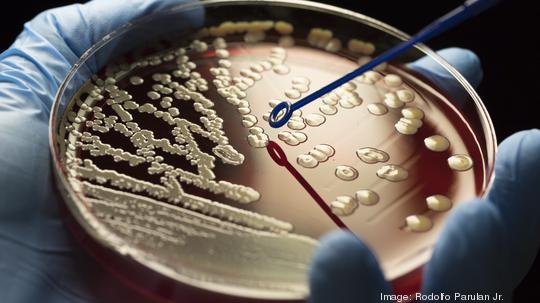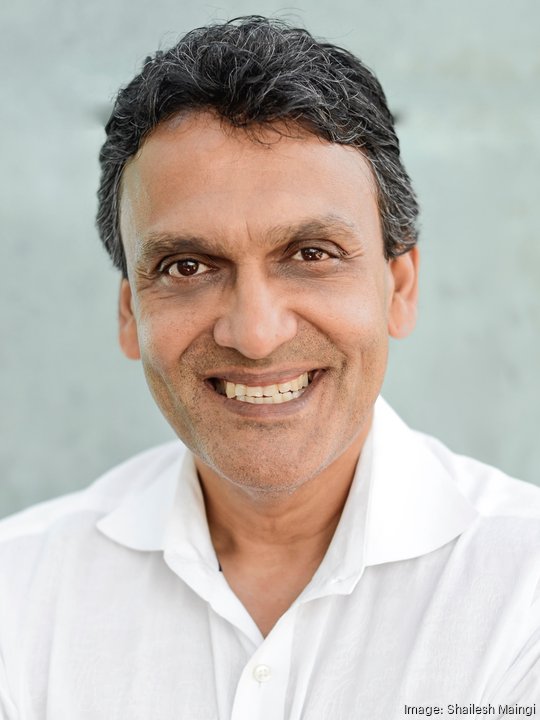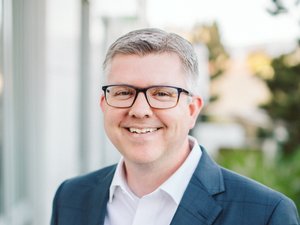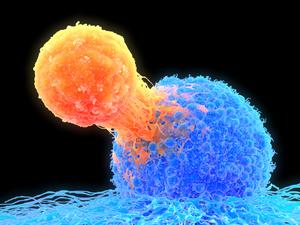
A new fund in the Triangle has raised more than $12 million to support life sciences companies developing drugs and other products aimed at antimicrobial resistance.
Shailesh Maingi, who has experience operating funds in the Triangle, is one of the partners behind the new effort. Maingi in 2007 formed Kineticos, a Raleigh life sciences advisory firm that raised an initial fund in 2019 that mostly focused on cancer.
This more recent Kineticos fund is a separate endeavor aimed at addressing antimicrobial resistance, which the U.S. Centers for Disease Control and Prevention refers to as an "urgent global public health threat." Antimicrobial resistance occurs when bacteria develop the ability to defeat drugs designed to target them. In 2019, more than 1 million people worldwide died from antimicrobial resistance, according to a report in the medical journal The Lancet.
Maingi has experienced the effects of antimicrobial resistance through a personal connection. When his father was in his mid-60s, he had both knees replaced. Over time, his dad experienced bacterial infections that were cleared up through drugs initially, but later became ineffective. It reached the point where doctors had to remove and replace the hardware placed in his knees, leading to a 40-day stay in the hospital.
"Think about what that means ... what that costs to the health care system," Maingi said. "It's pretty enormous."

Maingi, alongside general partner Mark Bamforth and venture partner Richard Snyder, considered forming a company to help address this need, but instead opted to form a fund that could support multiple companies trying to tackle the problem in various ways.
"We're seeing tremendous innovation in this space," Maingi said. "But we're not seeing the funding that is necessary to support these early-stage companies."
The partners declined to say how much they're aiming to raise for the fund, referred to as Kineticos AMR Accelerator Fund I, LP in a filing with the U.S. Securities and Exchange Commission. The fund, according to the filing, had raised about $12.5 million as of Aug. 10.
Conversations about potential investments are already underway. Maingi said the fund hopes to close on at least one investment, and possibly a second, by the end of the year. The fund will support early-stage companies that are raising money in seed or Series A funding rounds and potentially companies looking to spin out of an academic setting.
Bamforth outlined two main routes through which the fund could support companies. The first includes partnering with companies who have applied for funding from a consortium known as Combating Antibiotic-Resistant Bacteria Biopharmaceutical Accelerator, or CARB-X, that's funded by multiple governments and large foundations. Companies that receive grants from the consortium have to provide some matching funds, which the Kineticos fund could support.
Additionally, the fund could work with organizations that directly reach out for support. The fund is looking at opportunities in the U.S. and in Europe, including the United Kingdom. Bamforth said this opens up opportunities for the fund to work with larger investors.
The fund aims to have a portfolio of between 10 to 15 companies that fall within four broad categories: therapeutics; diagnostics; vaccines; and service-related organizations that support functions such as manufacturing.
"If we're going to drive toward effective and rapid intervention, you need the diagnostics with the therapeutics," Snyder said.


